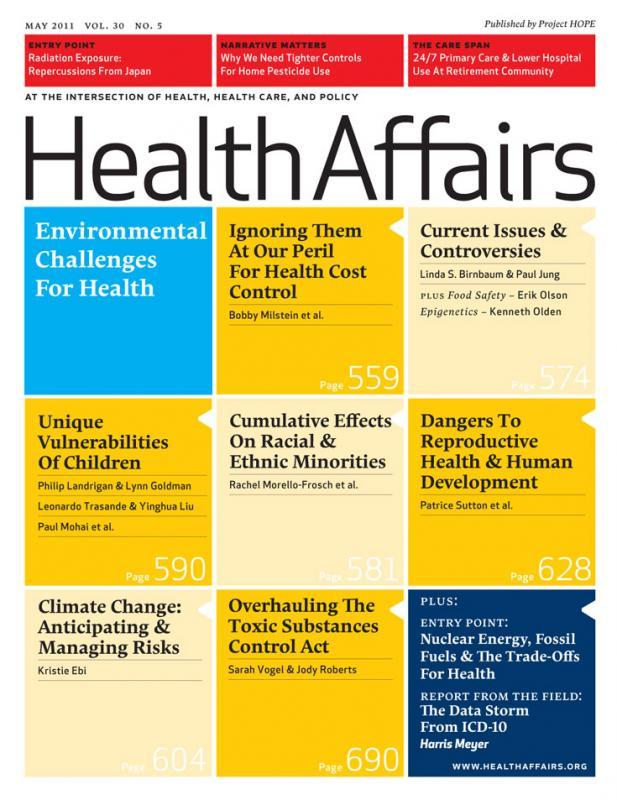Health care organizations are increasingly partnering with Area Agencies on Aging (AAAs) to provide social needs support for older adults in the community who are identified with high health risks. AAAs also participate in livable community initiatives, a multisector coalition model of stakeholders working to improve the social and physical environments of aging residents in a community. This study evaluates how these two models of AAA partnership affected older adults’ health care use and spending.
Hospital partnerships with AAAs were associated with a reduction of approximately $135 per beneficiary per year in Medicare spending. In counties with formal partnerships between AAAs and mental health organizations, older adults experienced a decrease in potentially avoidable low-care nursing home use. When AAAs received dedicated funding to participate in livable community initiatives, low-care nursing home use also declined.
These findings indicate that cross-sector partnerships with AAAs to address the social needs of older adults may yield health care savings and reduce potentially avoidable utilization. Contracted AAA partnerships targeting the highest-cost individuals may have an even greater impact on average Medicare spending. AAAs should be considered a key partner to health care organizations and community initiatives.

